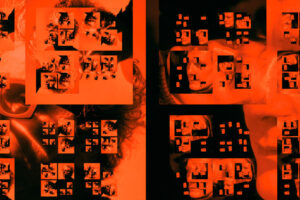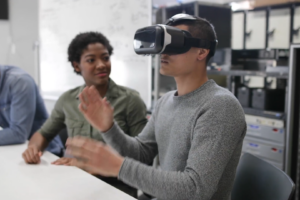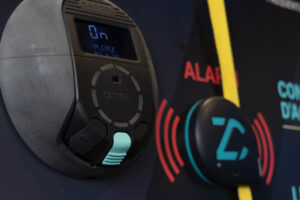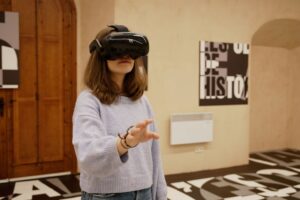
CULTISENSOR: Agricultural sensing machinery for mapping physical terrain conditions
April 29, 2024
GIRASOL II: Digital twin of photovoltaic solar power plants
May 3, 202408/05/2024
The Radio Frequency Identification and Flexible Electronics (RFLEX) group of the Universitat Politècnica de Catalunya - BarcelonaTech (UPC) is participating in the TELEBREATH project to better address the demand for long-term care in vulnerable groups, such as elderly and dependent people.
The project focuses on searching for scientific and technical solutions based on the application of electronic textile sensors for monitoring, tracking and controlling respiratory diseases (such as asthma, pneumonia, chronic obstructive pulmonary disease and pulmonary edema). It also centres on the early detection of diseases related to alterations in breathing patterns (diabetes, heart failure, anxiety and emotional stress) in a minimally invasive way.
To achieve this, textile sensors and integrated electronic systems are being developed in comfortable clothing. The sensors can be used to control respiratory rate just by wearing a garment, which minimises the impact on users.
The main purpose of the project is to research and develop a complete platform for teleassistance and monitoring of respiratory patterns using smart fabrics (e-textiles). It includes fully integrated sensing in fabrics, the development of algorithms to detect respiratory anomalies, an interface for data transmission to the cloud and its corresponding management through a software platform.
Budget and funding
The project is funded by the State Plan for Scientific and Technical Research and Innovation 2017-2022 of the State Research Agency’s Programme for Knowledge Generation. It has a budget of €114,655 and a duration of three years (2022-2024).

Sector
Topic
You want to know more?
Related Projects
- The Image and Video Processing Group (GPI), part of the IDEAI-UPC research group, and the Digital Culture and Creative Technologies Research Group (DiCode) from the Image Processing and Multimedia Technology Center (CITM) at the Universitat Politècnica de Catalunya – BarcelonaTech (UPC), have co-organised the AI and Music Festival (S+T+ARTS) together with Sónar+D and Betevé, to explore the creative use of artificial intelligence in music.
- The Visualisation, Virtual Reality and Graphic Interaction Research Group (ViRVIG) at the Universitat Politècnica de Catalunya - BarcelonaTech (UPC) has participated in the XR4ED project, an initiative that connects the educational technology (EdTech) and Extended Reality (XR) sectors, with the aim of transforming learning and training across Europe.
- The inLab FIB at the UPC has collaborated with Lizcore® for the development of a proof of concept based on artificial intelligence to improve safety in climbing with autobelay devices. The system allows the automatic and accurate detection of risk situations before starting a route.
- Researchers from the Centre for Image and Multimedia Technology of the UPC (CITM) and from the DiCode research group (Digital Culture and Creative Technologies Research Group) of the Universitat Politècnica de Catalunya – BarcelonaTech (UPC) have worked on the project The Eyes of History, an initiative of the Catalan Agency for Cultural Heritage that offers an immersive view of Catalan cultural heritage. It is especially aimed at the first and second cycles of secondary education and was created to bring heritage into the classroom. Its goal is to bring the history and monuments of Catalonia closer in a vivid and innovative way, using tools such as virtual reality and new museographic narratives.




